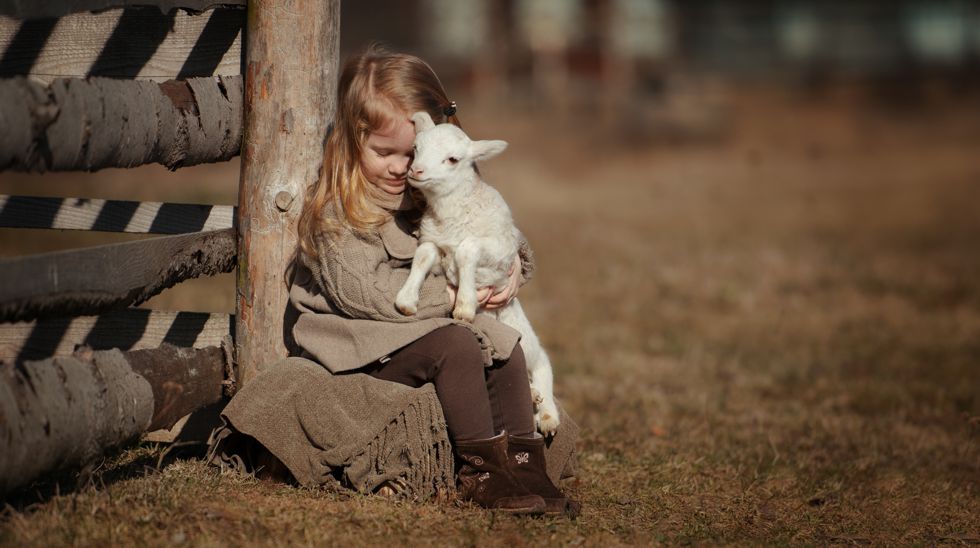Veganism in Education
encourage the development of
empathy, critical thinking, ethical decision making
Veganism in Education
encourage the development of
empathy, critical thinking, ethical decision making
WELCOME
Thank you for visiting VinE (Veganism in Education) – an exciting educational initiative supported by and supporting educational professionals interested in encouraging the teaching of empathy from a vegan perspective.
The vegan way of life has widely recognised benefits for the planet, human health and social justice as well as being an active expression of compassion towards all sentient beings with whom we share the earth.
Our aim is to provide children and young people with the knowledge and skills to critically think about the way we define and use animals and inter-related health, social justice and environmental issues. This teaching will enable them to develop their own moral values and flourish as empathetic and ethically responsible citizens.
We will create and recommend materials for teachers concerned with encouraging empathy, compassion, good health and sustainable choice-making in their students. These resources will align with schools existing goals in educating children and blend easily into established subject areas, enhancing the content already provided.
We are honoured to have Peter Egan as our Patron. Peter is a renowned actor and advocate for animals.
Read more on our about page.
Jeremy Bentham
“The question is not, Can they reason? nor, Can they talk? but, Can they suffer? Why should the law refuse its protection to any sensitive being? … The time will come when humanity will extend its mantle over everything which breathes …”
Inclusivity and collaboration
Currently, there are insufficient opportunities in the curriculum for children to consider the moral status of animals. We aim to address this gap in education as well as encourage a greater understanding of ethical veganism as a legally recognised philosophical belief.
Through a culture of compassion, curiosity and collaboration, we seek to provide all children and young people with the knowledge and skills to become the ethical decision-makers of the future, bringing hope for a more just and sustainable world. Incorporating veganism in education will also ensure a more vegan-inclusive community within schools and the wider society.
We are keen to work with and assist education professionals and parents engaging with our trail-blazing initiative, as well as forming collaborative ventures with like-minded organisations.
We warmly welcome everyone interested in engaging with this initiative.
Leonardo Da Vinci
“Man is truly the king of animals because his cruelty surpasses theirs. We live from the deaths of others. We are walking tombs! I gave up eating meat at a very young age. The time will come when men such as I will look upon the murder of animals as they now look upon the murder of men.”

Inclusivity and collaboration
Currently, there are insufficient opportunities in the curriculum for children to consider the moral status of animals. We aim to address this gap in education as well as encourage a greater understanding of ethical veganism as a legally recognised philosophical belief.
Through a culture of compassion, curiosity and collaboration, we seek to provide all children and young people with the knowledge and skills to become the ethical decision-makers of the future, bringing hope for a more just and sustainable world. Incorporating veganism in education will also ensure a more vegan-inclusive community within schools and the wider society.
We are keen to work with and assist education professionals and parents engaging with our trail-blazing initiative, as well as forming collaborative ventures with like-minded organisations.
We warmly welcome everyone interested in engaging with this initiative.
Leonardo Da Vinci
“Man is truly the king of animals because his cruelty surpasses theirs. We live from the deaths of others. We are walking tombs! I gave up eating meat at a very young age. The time will come when men such as I will look upon the murder of animals as they now look upon the murder of men.”


